OI Research Paper
All reports referenced on this page are redacted, and their contents are withheld due to privacy considerations. For further information, please contact: contact@outlineindia.com
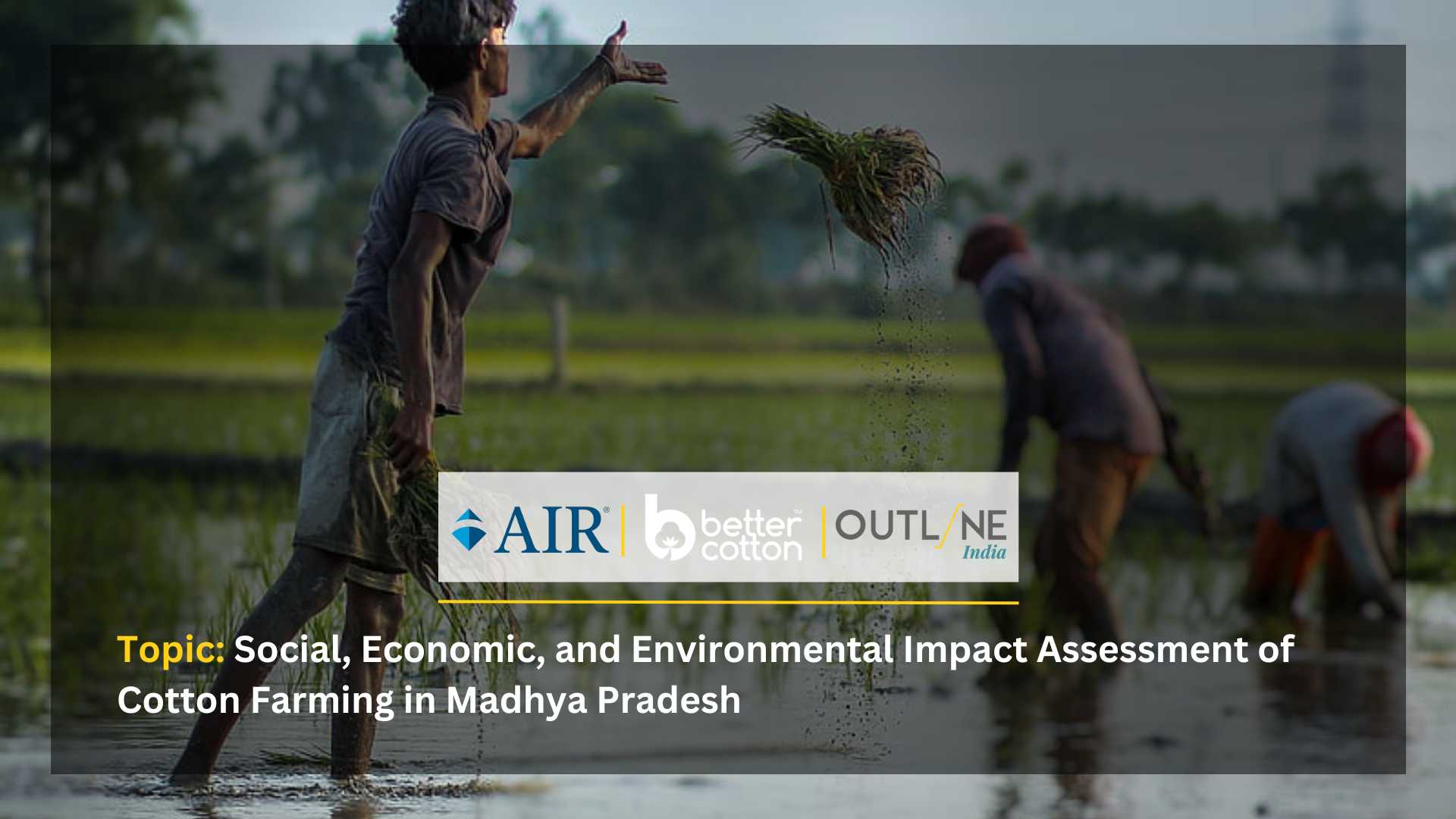
Social, Economic, and Environmental Impact Assessment of Cotton Farming in Madhya Pradesh
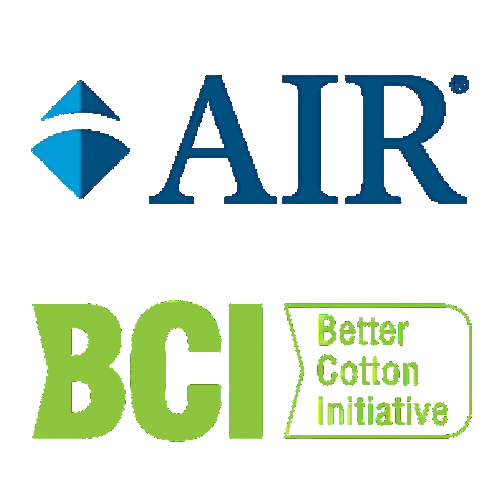
This study assesses the social, economic, and environmental impact of organic and Better Cotton Initiative (BCI) farming compared to conventional cotton farming in Madhya Pradesh, India. It examines farmer livelihoods, asset ownership, labor patterns, and financial stability.
The study highlights both the benefits and challenges of sustainable cotton farming, offering insights for policymakers and industry stakeholders to improve farmer welfare and environmental sustainability.
People’s Perspectives: Insights into Organ Donation from Brain Stem Dead Donors
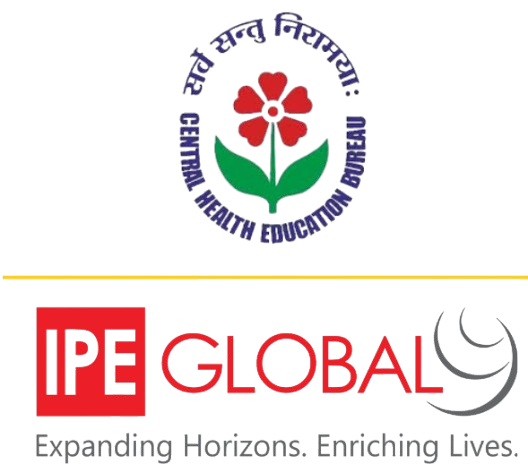
This study explores the complexities surrounding organ donation from brain stem dead donors in India. It highlights public misunderstandings about brain stem death, concerns over the organ donation law's recipient-centric focus, and mistrust in the medical community.
The paper advocates for increased public awareness, transparent medical practices, and policy reforms to address ethical dilemmas and enhance trust in the organ donation process.
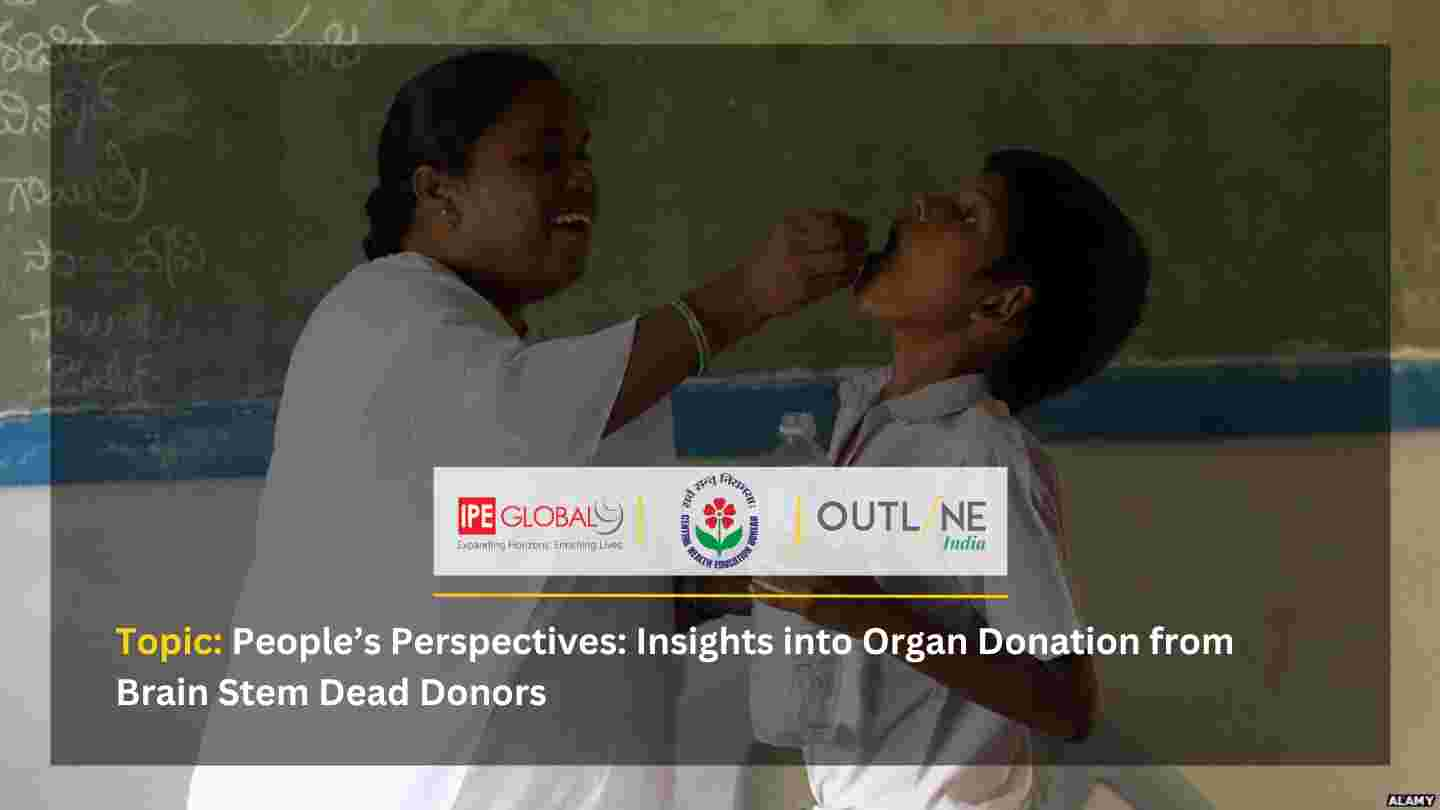
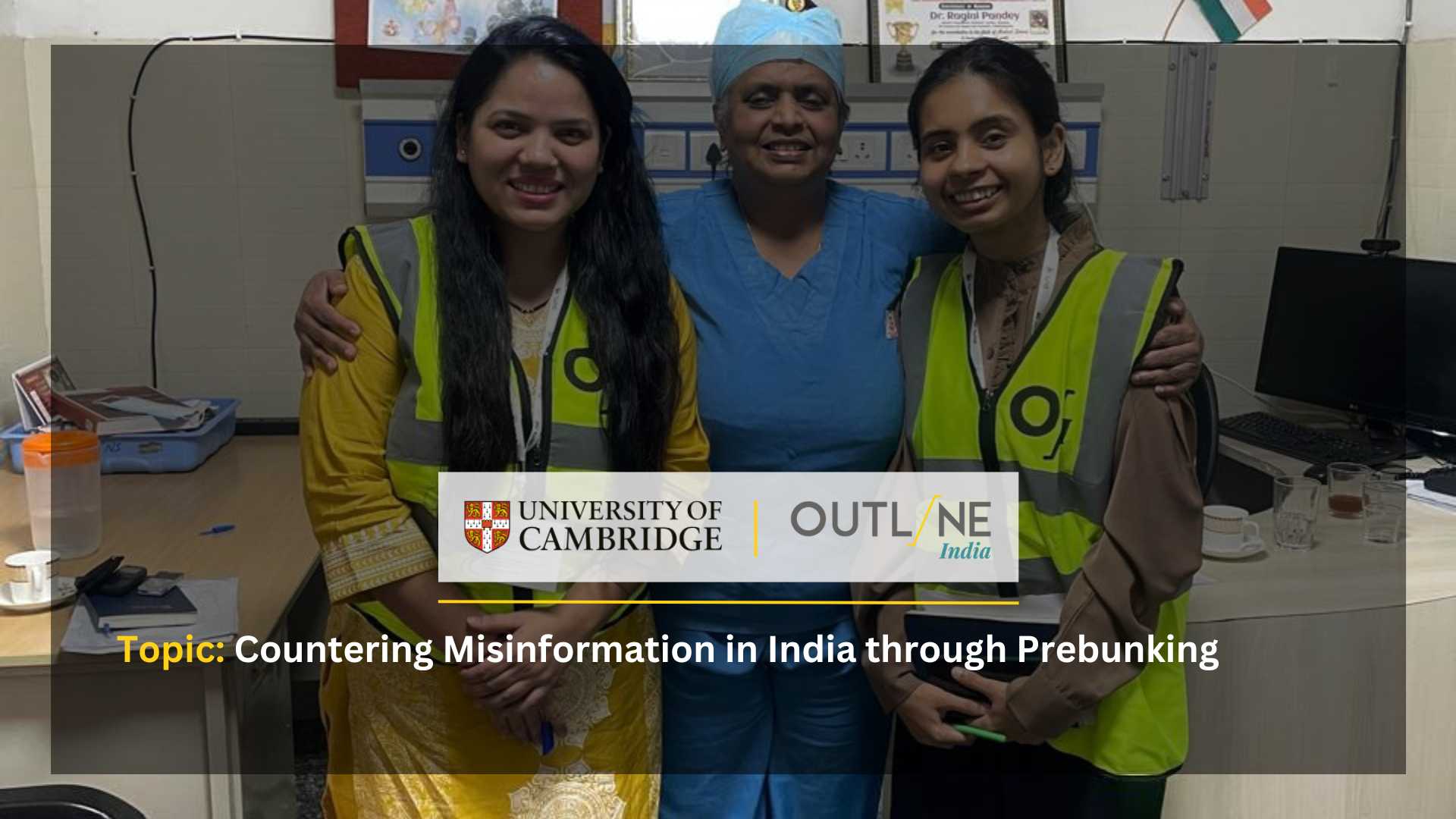
Countering Misinformation in India through Prebunking

This study investigates the efficacy of prebunking—proactively exposing individuals to misinformation tactics—to counteract misinformation in India. The research identifies common deceptive strategies on Indian social media and assesses the impact of prebunking interventions.
Findings suggest that prebunking can enhance users' ability to recognize and resist misinformation, offering a proactive approach to mitigating its spread.
Perceived effectiveness and recommendations from a childbirth quality assurance and improvement programme in India’s private sector: a qualitative evaluation using the RE-AIM framework

This qualitative evaluation examines the Manyata program, a quality assurance initiative in India's private maternity sector, using the RE-AIM framework.
Facility owners were motivated to join due to the Federation of Obstetrics and Gynaecological Societies of India's (FOGSI) affiliation and the desire to standardize care. Perceived benefits included improved staff competency and care quality. Barriers encompassed costs and unclear value. Recommendations emphasize strategic partnerships and blended training models for program sustainability.
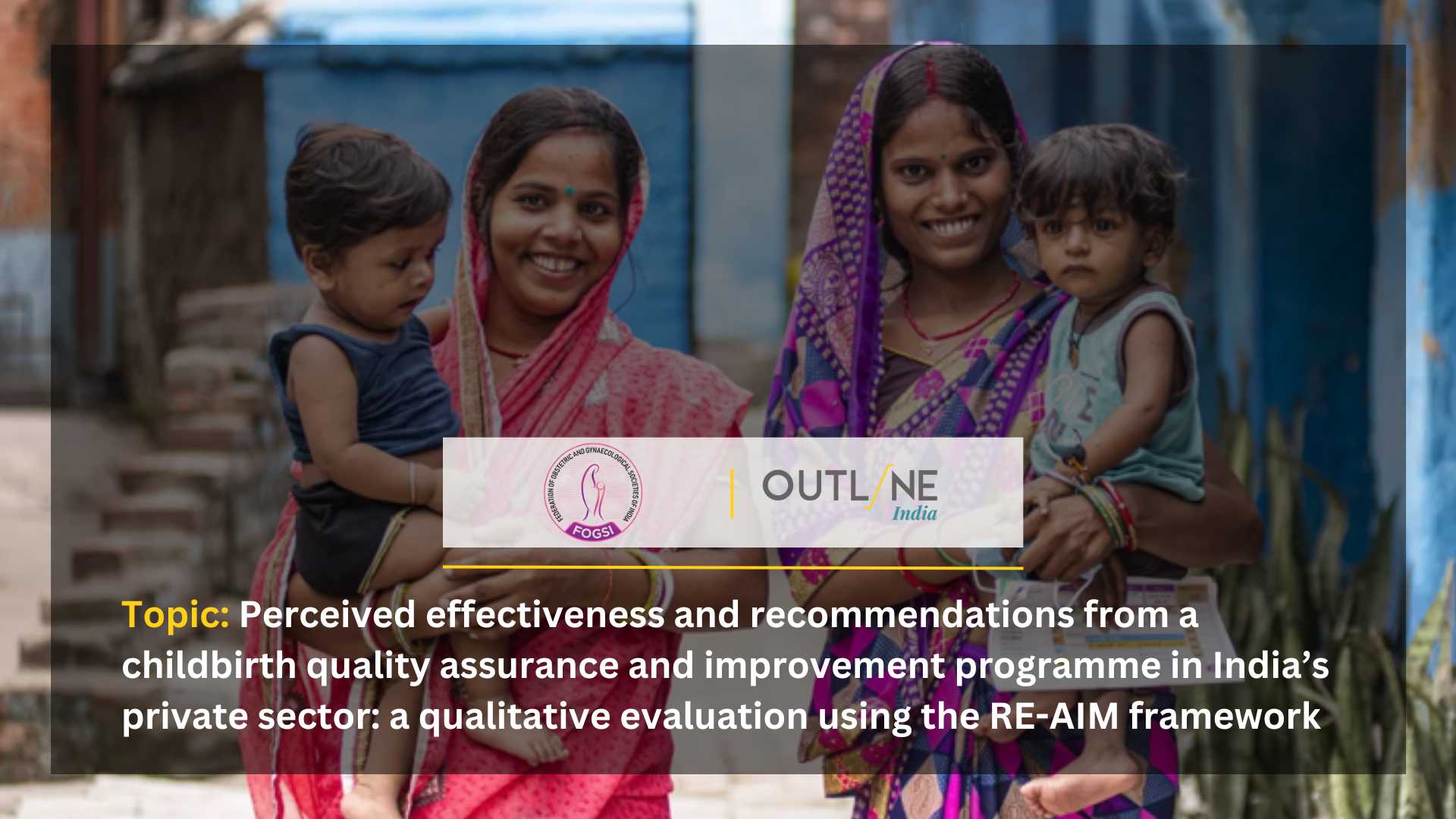
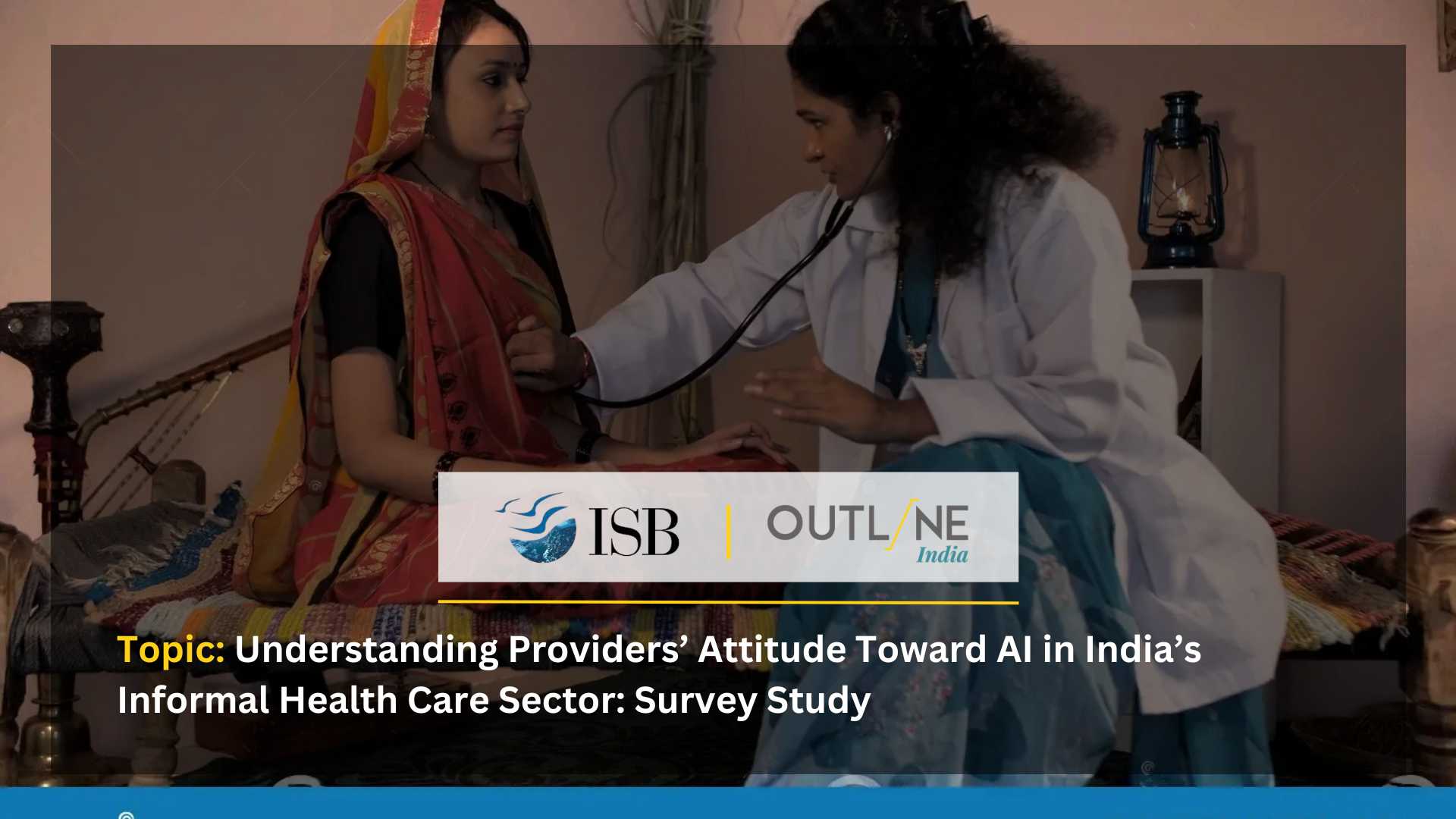
Understanding Providers’ Attitude Toward AI in India’s Informal Health Care Sector: Survey Study

This study explores the attitudes of informal healthcare providers in India toward adopting AI for tuberculosis diagnosis. While most respondents recognized AI’s potential to improve diagnostic accuracy, willingness to adopt the technology varied.
The findings highlight factors influencing AI adoption, including trust in local radiologists and confidence in diagnosis, offering insights for integrating AI into informal healthcare settings.
Walking and Walkability in Delhi: Dissonance between Environmental Perception and Behavior

This study examines the relationship between perceived walkability, actual walking behavior, and subjective well-being among residents in two Delhi neighborhoods. Despite low environmental quality perceptions, many residents continue to walk frequently—a phenomenon termed "walking dissonance."
The findings highlight the need for urban planning to address both environmental improvements and the underlying reasons compelling residents to walk despite unfavorable conditions.
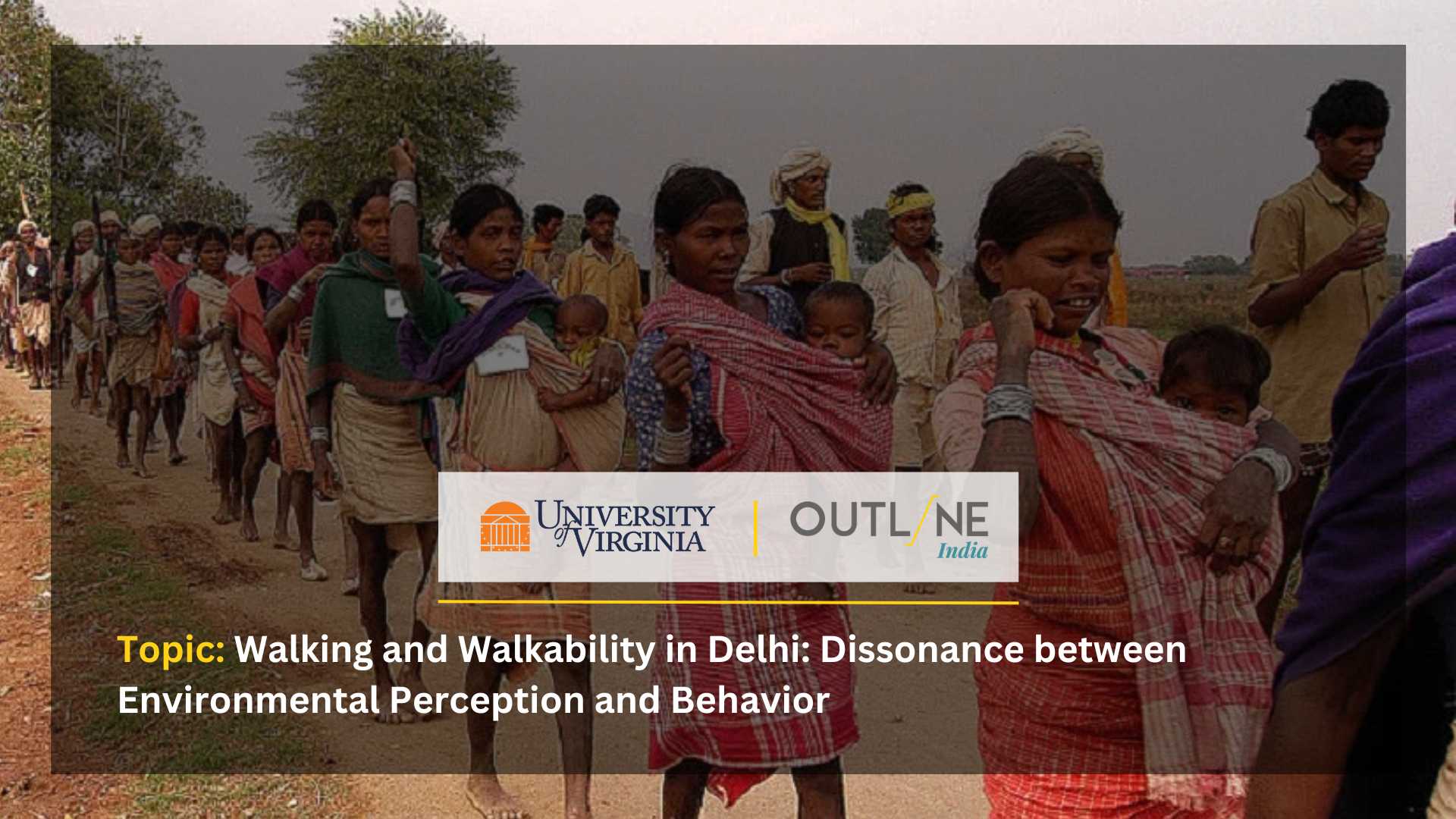
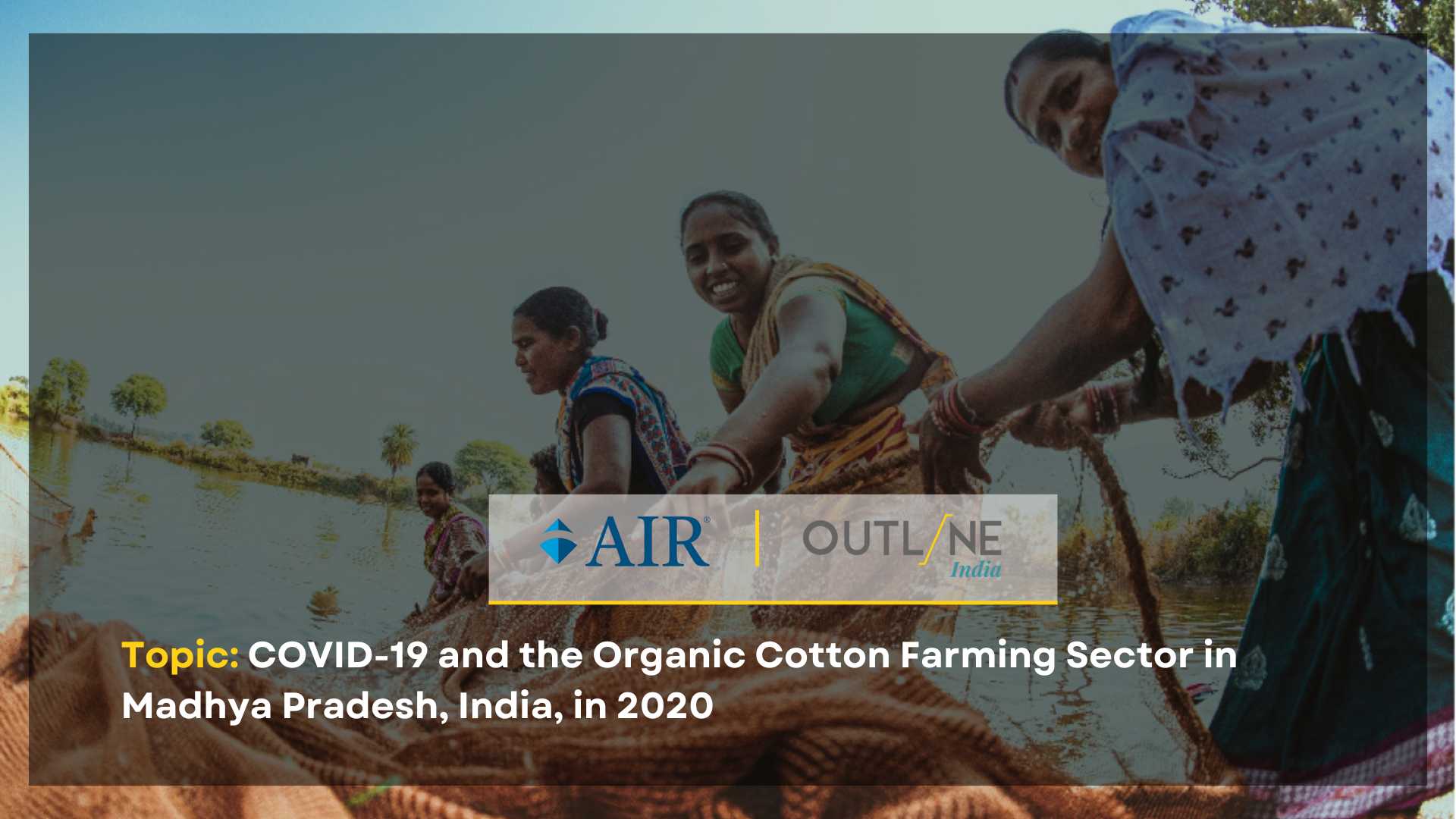
COVID-19 and the Organic Cotton Farming Sector in Madhya Pradesh, India, in 2020

This study examines how COVID-19 impacted organic cotton farmers in Madhya Pradesh. Lockdowns disrupted supply chains, forcing farmers to sell at lower prices amid food shortages. NGOs and government agencies provided aid, including seeds and virtual assistance.
The study highlights the need for stronger market agreements and streamlined certification to enhance sector resilience.
